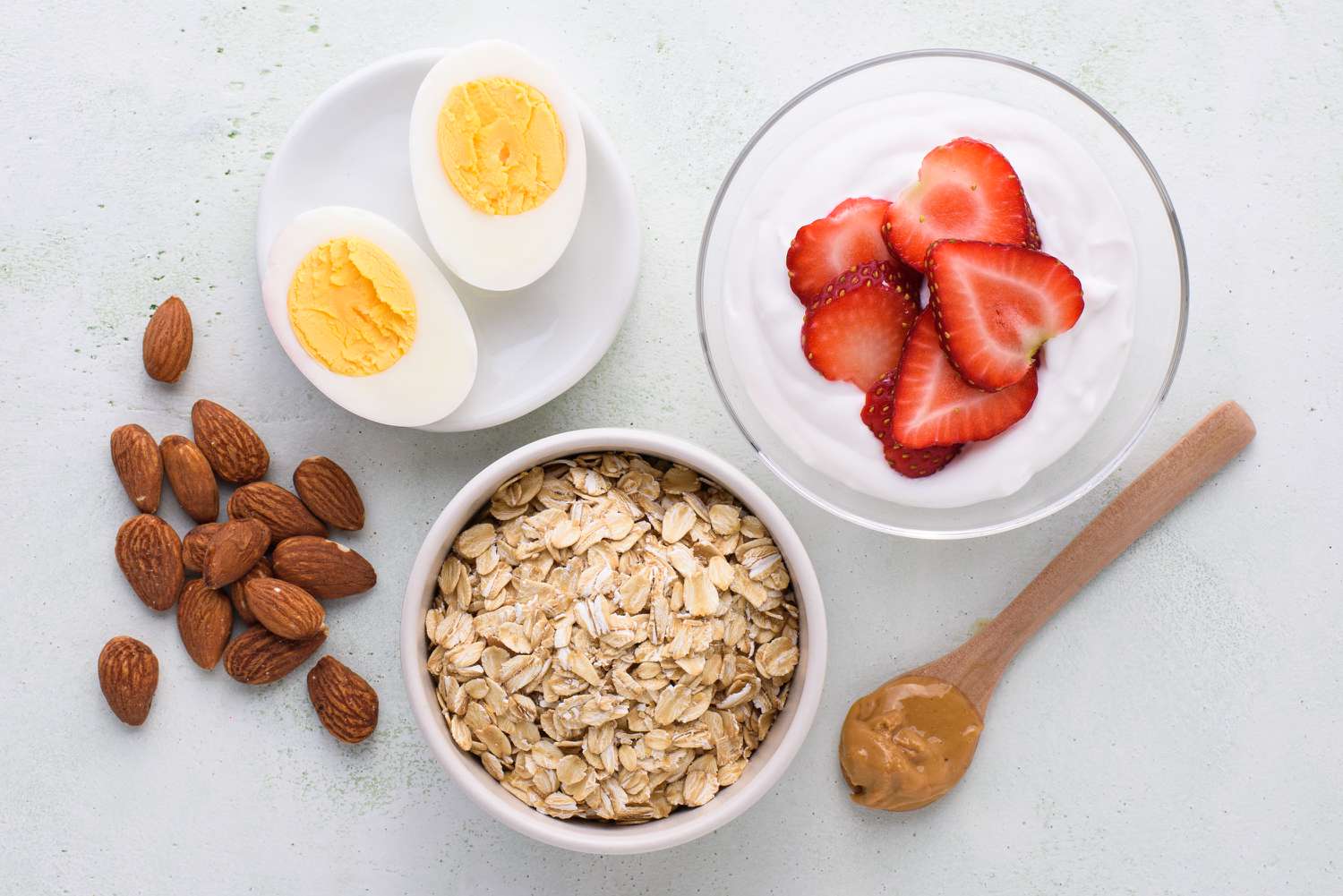What I Learned From Eating the Same Meal for 30 Days

For 30 days straight, I decided to eat the exact same meal for lunch and dinner: grilled chicken, steamed vegetables, and brown rice. No exceptions, no cheat days. At first, this challenge sounded simple—almost boring. But as the days went by, I discovered it was more than just a test of willpower. It was a lesson in habits, cravings, mental clarity, and how much food influences our daily lives.
Below are the key lessons I learned from this surprisingly transformative experience.
1. Decision Fatigue Almost Disappeared

We make countless small decisions every day—what to wear, when to check our phones, and of course, what to eat. Before this experiment, I spent a ridiculous amount of time scrolling through food delivery apps or opening the fridge hoping something inspiring would appear.
By eating the same meal daily, I eliminated an entire category of decisions. There was no debate, no “What should I eat today?” Each mealtime was straightforward. This freed up mental space for more important things—like work, reading, and personal projects.
It made me realize how much energy we waste on trivial choices. Once that mental clutter was gone, I actually felt lighter and more focused.
2. Cravings Are Mostly Psychological
The first week was the hardest. I craved variety—pizza, sweets, spicy snacks—anything that wasn’t chicken and rice. But by the second week, something interesting happened: those cravings started to fade.
I learned that many of my “hunger pangs” weren’t really about hunger at all. They were emotional triggers or habits formed over time. For example, I used to snack late at night out of boredom, not because I needed food. When those options were removed, I had to face the craving for what it truly was: a passing urge.
This taught me that cravings can lose their power if you don’t constantly feed them.
3. I Became More Aware of My Body’s Signals
Eating the same, balanced meal repeatedly made it easier to notice how my body reacted. I could tell when I was genuinely full, and when I was eating just because food was available. My digestion improved, my energy levels became more stable, and I stopped experiencing the post-lunch sluggishness that used to hit me daily.
Because the meal was simple and nutritious, my body adjusted to a routine rhythm. It showed me how much inconsistency in our diets can mess with how we feel day-to-day.
4. Food Lost Its Emotional Hold on Me

We often use food as entertainment, comfort, or reward. I was guilty of all three. But once my meals became repetitive, food stopped being a source of excitement. Initially, this felt dull, but over time, it became liberating.
I no longer relied on food to boost my mood. Instead, I found other ways to bring enjoyment into my day—like going for walks, reading, or calling friends. My relationship with food became more functional and less emotional, which surprisingly improved my self-control in other areas too.
5. Time Savings Were Enormous
Cooking one type of meal in bulk saved a lot of time. I didn’t need to constantly prep different ingredients, clean multiple pans, or grocery shop as frequently. My weekly routine became smoother and less stressful.
This time efficiency gave me more hours in the day, which I used to exercise, work on personal goals, or simply rest. It made me rethink how much of my schedule revolves around food preparation and eating.
6. Variety Isn’t Everything
We often think a varied diet equals a better one. While nutritional diversity is important in the long run, this experiment taught me that we sometimes chase variety for pleasure, not necessity.
For 30 days, my body functioned perfectly fine on a repetitive but balanced meal. It reminded me that simplicity can be just as healthy—sometimes even healthier—than constantly chasing the next new flavor.
7. I Learned What Truly Matters in My Diet
By stripping away all the extras, I could clearly see what elements of my diet made the biggest difference. Protein and fiber kept me full, whole foods made me feel energized, and cutting out sugar reduced my mood swings.
After the challenge, I didn’t go back to my old eating habits completely. Instead, I introduced variety more thoughtfully—adding different proteins, veggies, and spices while keeping the simplicity and structure that worked so well.
Final Thoughts
Eating the same meal for 30 days wasn’t easy, but it was eye-opening. It forced me to confront my habits, understand my cravings, and rethink how I approach food altogether.
I’m not suggesting everyone should live on one meal forever—that would be extreme. But simplifying your diet, even for a short period, can teach you a lot about your body and mind. Sometimes, less really is more.
